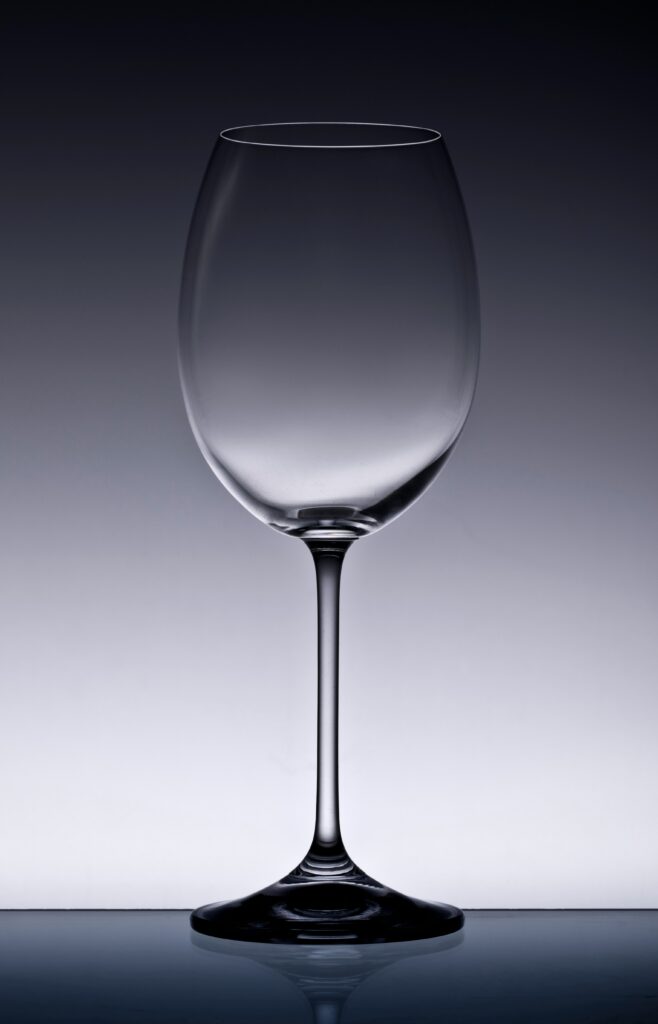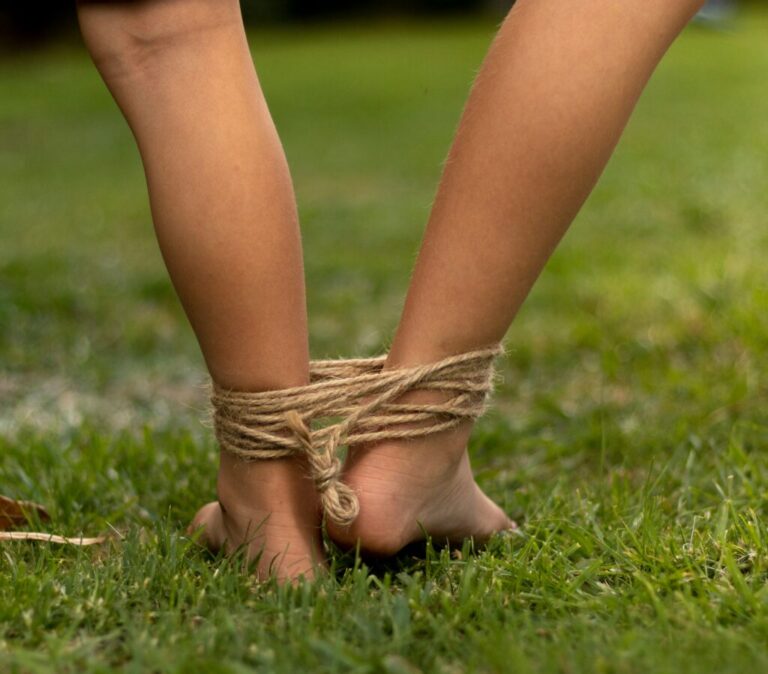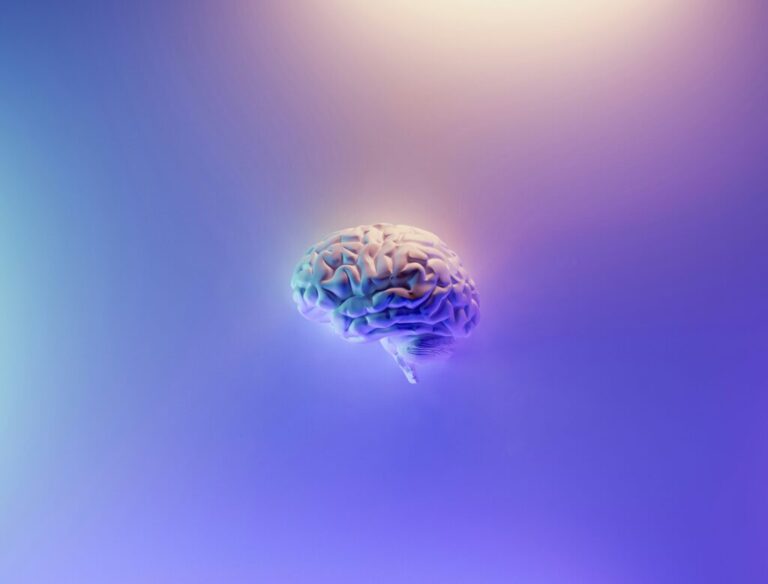I’ve talked about the more immediate effects of getting sober. But what difference can it make in the long run? A massive one! The potential benefits that you see in your first few months of sobriety will continue to grow as time goes on.
You should live longer
Drinking causes so many different health complications, that it shouldn’t be a surprise that alcoholics who continue to drink are likely to die 10 to 15 years prematurely. But an alcoholic who quits drinking reduces their risk of an early death, just like a smoker who quits smoking. And the good news is that the damage done to the body is largely not permanent. In time, your mortality rate is no different to that of a non-alcoholic.
Relationships with your loved ones could improve
When you enter recovery, you will probably find that there are friendships and relationships that you need to change. Some, the toxic, unhealthy and co-dependent relationships, will have kept you in active addiction. And others will have been tainted, even broken by your active addiction. But as you recover, your relationships improve because you change who you are in relation to others. You start to see your unhealthy behaviour patterns, the way you might have manipulated or lied, struggled to trust, set unrealistic expectations on those around you. You appreciate those around you and you learn to understand true intimacy.
You should be happier
It’s well known that having a drink won’t actually make you feel better. Alcohol aggravates depression, self-harm and puts you at greater risk of suicide. The evidence is indisputable. And when drinking becomes a problem, you find it very hard to experience happiness outside of drinking. So, when you stop, you inevitably notice your mood improves and the good news is, it continues to do so the more you move along that timeline. With clearer thinking, less brain fog and greater energy comes the possibility of being open to more happiness. But probably the strongest connection between sobriety and happiness develops through the gratitude you start to feel. Gratitude helps you to find positivity even when you’re sad or low and so you start to recognise the importance of happiness.
You’ll get an energy boost
Now you’re not consuming so much poison each day, your whole system starts to work better. Those essential nutrients start flowing, your digestion improves. You have more energy, which leads you to exercise more. You might not be running marathons, but you’ll be moving more and feeling stronger and suddenly you’re in a fantastic virtuous circle of sleeping and eating well, having energy, exercising, which then encourages you to sleep and eat well and round you go again. The zest for life returns once those nasty hangovers go.
Your sex life should improve
You may have fallen for the myth that a stiff drink will put you in the mood for sex, but the truth is, while it does lower your inhibitions, alcohol and sex really don’t mix. Too much alcohol causes erection problems in men and orgasmic problems for women. Sober sex can feel daunting at first, but once you stop drinking you become more alert, more in tune with your body and more sure of yourself. Those three changes alone will transform your sex life.

You could lose weight
Stopping drinking will reduce the number of empty calories that you consume. Drinking just one bottle of wine a week adds up to 27,000kcal per year. That’s the same as about 50 Big Macs! But that’s not the only reason why you’ll lose weight when you stop drinking. Alcohol has no nutritional value, it’s just full of sugar. And as you start to consume less sugar, your insulin resistance goes down, which in turn helps you lose weight because your body stores fat when your insulin resistance is high. Drinking also makes you crave junk food, so when you stop, you should experience fewer food cravings. Your digestion and your metabolism improve, and you become more likely to exercise, all of which starts to show in you physically.
You’ll spend less money
Heavy drinking doesn’t come cheap and so once you stop, you should start to see a fair bit of change at the end of the month. And over the course of your life, those savings just grow and grow. Just think about how much money you’ve already blown on booze already and what you could have spent it on…
You’ll look younger
It may sound superficial, but sobriety is a great skin-care plan. Alcohol is pro-inflammatory and dehydrating and so there’s no doubt that it’s bad for the skin. And then there’s the poor diet and the bad sleep, which is never a good look. No wonder alcoholics have sallow, gaunt faces. Broken blood vessels, rosacea and dermatitis are also signs of alcoholism that chronic drinkers wear on their face. Then there’s the wrinkles, the puffiness and even an increased risk of skin cancer.
You’ll think more clearly
Life will feel so much easier without hangovers, blackouts and all the confusion which comes with drinking. It’s a fact: alcohol suppresses brain activity. It’s not that it makes you stupid, although you might well do stupid things when drinking. It’s because our frontal lobe, which is the part of the brain that’s responsible for reasoning, behaviour, memory and motor function, takes a real battering when you’re drinking. That’s why when you’re in active addiction you don’t always think rationally or easily process information. Those difficulties don’t clear up straight away, but in time, new cell growth repairs this damage. Serotonin and dopamine levels return to normal. Put another way, your brain settles back down. You’ll hear people in recovery talking about the brain fog lifting. That’s exactly what they’re referring to.
If you\’re searching for reasons to quit drinking or to cut back, get in touch with me at
anna@kingsleycounselling.com


